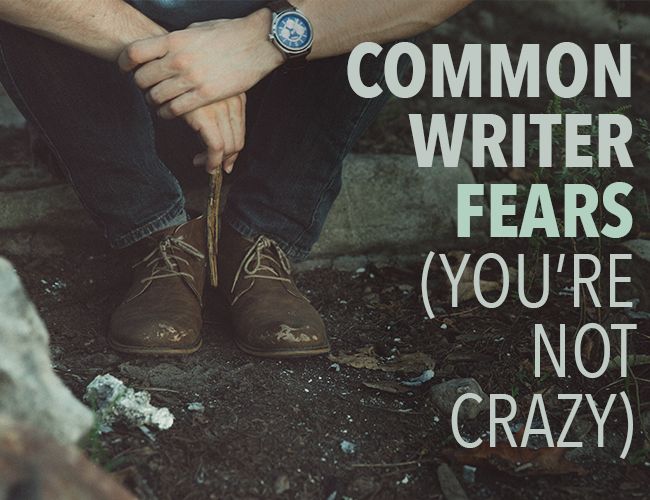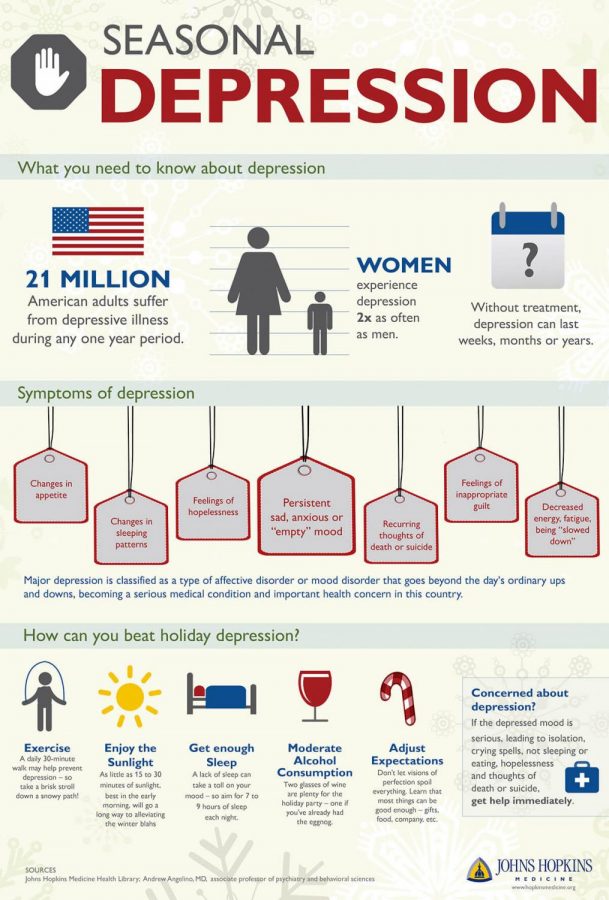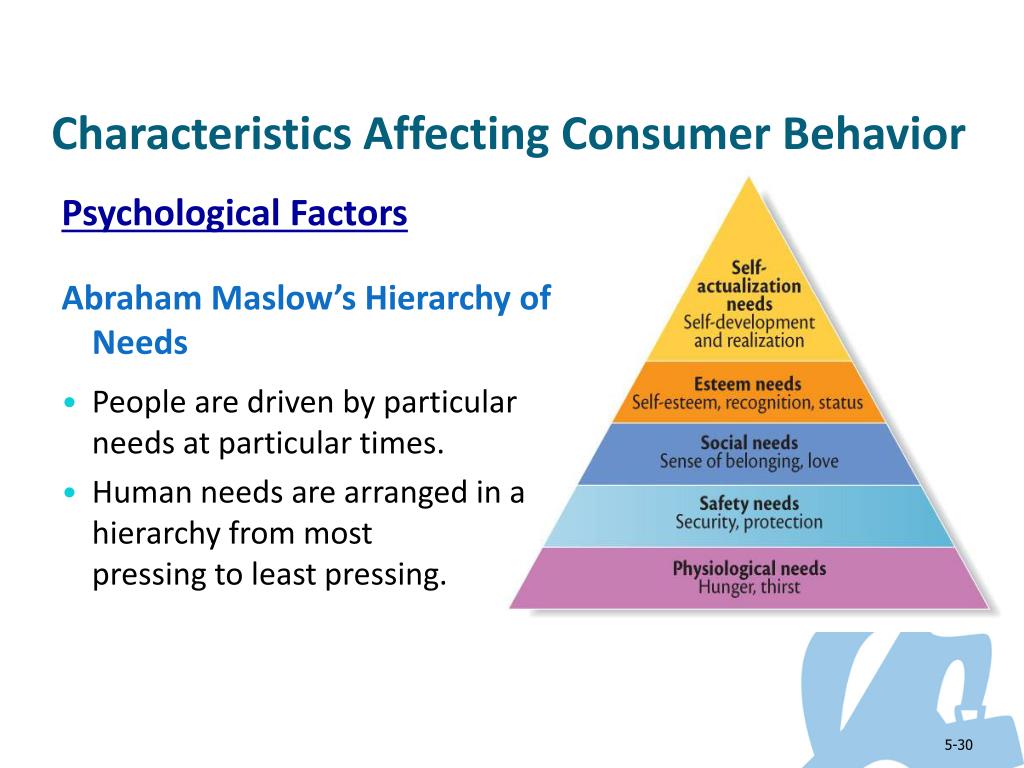Common relationship fears
How to Face Your Fears in a Relationship: Tips and Support Strategies
Your past experiences have the potential to show up as fears in your current relationships — but you can learn how to face them.
Relationship fears may stem from a number of places and require different levels of care and attention.
Experts suggest that most relationship fears are linked to a perceived “threat” in a previous, formative relationship and a desire to avoid repeating the negative experience.
“The more evidence one has that the threat is unavoidable, the more fear there tends to be,” says Mallory Frayn, PhD, a clinical psychologist at Impulse Psychology in Montreal, Canada.
According to Carla Marie Manly, PhD, a clinical psychologist in Sonoma County, California, common sources of relationship fear may come from:
- unaddressed or insufficiently addressed prior trauma
- unaddressed or insufficiently addressed childhood attachment issues
- dishonesty
- disrespect
- mixed messages within the current relationship
According to Manly, relationship fears may develop in the “primitive brain” — the unconscious, impulsive part of the brain associated with survival instincts.
When the primitive brain becomes fearful about a relationship, it may lead to depression, anxiety, and frustration.
Some relationship fears are natural, while others are more powerful and may hinder your relationship success.
“It’s OK to be fearful,” says Mitch Keil, PsyD, of Keil Psych Group in Newport Beach, California. “However, the ways that we act out this fear can cause harm to a relationship.”
According to Keil, root causes of relationship fears may include:
- a need for excessive reassurance
- premature commitment or exclusivity
- difficulty tolerating the ambiguity of a new relationship
These root causes often lead to larger, more complex fears that need addressing. The most common fears within relationships may include:
- intimacy
- inadequacy
- abandonment
- rejection
Intimacy
Intimacy may include physicality, but it’s not limited to sexuality.
Intimacy may mean a connection to another person through:
- emotion
- intellect
- spirituality
- shared interests
A fear of intimacy may show up in varied ways and cause barriers within romantic relationships.
During the process of getting close to another person in an intense way, it’s common to feel some sense of hesitation, especially if you have underlying anxieties around self-esteem or acceptance.
What to do about it
What intimacy looks like may vary, and learning what your partner needs is just as important as what you need.
To work through fears of intimacy, it’s best to talk with your partner about what makes you both feel at ease, loved, and heard.
“Communication and mutual understanding are essential,” Keil says. “Both need a willingness to honor each other’s unique histories and needs. Many couples report that learning each other’s love languages was a helpful tool in creating a sense of feeling loved and secure.”
Inadequacy
The fear of being inadequate can stem from different places and show up in different ways.
If you’ve ever found yourself questioning whether you’re worth investing in, you’re not alone.
Louisville, Kentucky-based author and therapist Deedee Cummings speaks to the presence of our inner child when feelings of lack of self-worth and inadequacy arise.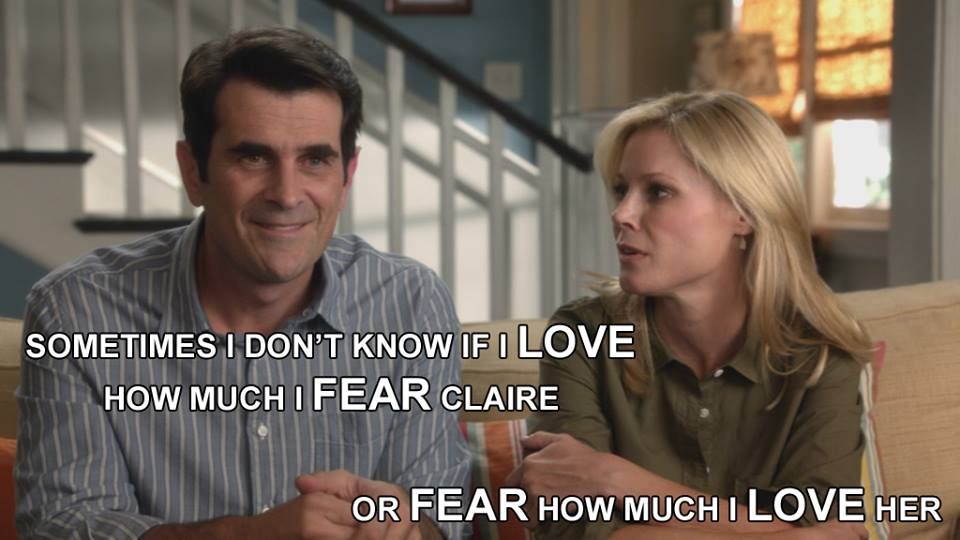
“Every one of us has a child inside of us who is still wanting what we craved when we were little,” says Cummings. “Some of us want to be held. Some of us are afraid you will leave and never return. Some of us are still angry.”
What to do about it
“Inner child” wounds often run deep, so it’s important to be patient with yourself and your partner.
“Communication, vulnerability, and responding rather than reacting is key,” says Donna Novak, PsyD, of Simi Psychological Group in Simi Valley, California. “Making sure you have [trusted folks] to talk to outside your relationship really helps as well.”
When negative self-talk arises, you may wish to use more open-ended language in responses — especially during discussions about your relationship with your partner. This may look like:
- trading your “buts” for “ands” as a way to stop discounting yourself
- adding “yet” to things you’ve yet to accomplish, making them goals rather than shortcomings
- remembering that a “perfect relationship” doesn’t exist
Abandonment
A fear of abandonment is often associated with childhood experiences.
Cummings says that abandonment is a common root of issues with her clients and often leads to partners making moves based on what has yet to occur, almost as a preemptive defense mechanism.
Like other experts, Keil says that a fear of abandonment is related to attachment style, which may manifest as anxiety.
“Learning both yours and the other person’s ‘love maps‘ and attachment styles can help you to co-create a way to work with each other’s vulnerabilities, rather than to act blindly or exploit them,” Keil says.
What to do about it
Attachment work may occur through self-examination, often with the help of a therapist.
Keil says that for anything to change, we have to be willing to move past the discomfort and look within rather than simply resorting to pointing the finger at everyone else.
“If you find yourself externalizing the problems in your relationships, this is a red flag,” he suggests. “Moving from statements like ‘I just keep finding the wrong people’ to ‘I wonder why I am drawn to this type of a person’ is key. ”
”
Rejection
A fear of rejection may stem from an aversion to loneliness or be connected to fears of inadequacy or abandonment.
“People fear they will not be accepted or are good enough for someone,” Novak says. “In response, due to many deeper subconscious habits, we tend to push away people and consequently set ourselves up for failure. Oftentimes, this revolves around responding with reactivity and defensiveness rather than vulnerability and authenticity.”
What to do about it
Research shows that feelings of fear may resemble feelings of physical pain. Similar to pain, we aim to avoid fear whenever possible.
“It’s normal for people to fear being rejected given that this fear has its roots in our very primitive need to feel safe and accepted,” Manly says. “That said, it’s important to work throughthe fear of being rejected to ensure that this fear does not take over a partner or the relationship.”
According to Manly, working through the fear may include:
- acknowledging that fear is present
- taking time to think about what’s at the root of fear (what are you really afraid of?)
- talking through your feelings (maybe with a mental health professional and then your partner, or with your partner) under the guidance of a relationship counselor
- taking a moment before responding (are you reacting out of defense or protection?)
If your partner seems fearful, it’s helpful to reassure them that you’re empathetic to their concerns. You may wish to remind them that your relationship is different from their past experiences.
You may wish to remind them that your relationship is different from their past experiences.
Here are a few ways to support your partner when their relationship fears arise.
Challenges are common
Because each person within a relationship has their own set of lived experiences that fuel different types of fear, challenges may be inevitable.
The goal isn’t to eliminate the presence of fears but to be aware of their origins and intentional about addressing them in the moment.
Active listening is key
Frayn says that effective communication needs to be two-sided.
What you say is just as important as howyou say it — and what’s being said is just as important as how well you’re listening.
“The more that you and your partner can hold space for each other’s emotions without judgment, the safer, more open, and more connected both partners are going to feel,” Frayn says.
In practicing active listening with your partner, you can learn more about them and gain deeper insight into why they feel the way they do.
“It helps if you can learn about your partner’s upbringing,” Cummings says. “What was it like? Did they have any fears? What did they want that they did not get? When there is an argument, you will often hear some of these childhood fears emerge.”
Once you and your partner have identified what you need to work on, you may start to figure out how to work together, both collectively and individually. Here are a few important steps to consider.
Don’t ignore the issue
“Our innermost fears do not ‘go away’ on their own,” Manly says. “We must address our fears consciously and patiently in order to get to the root issues. Healthy relationships give us the opportunityto work through our fears in safe, healing, and bonding ways.”
According to Manly, once you move through your fears, you can form healthy, safe relationships that bring you joy and fulfillment.
“If we don’t face and work through our fears, the unresolved issues will fester and haunt us in myriad ways,” she adds.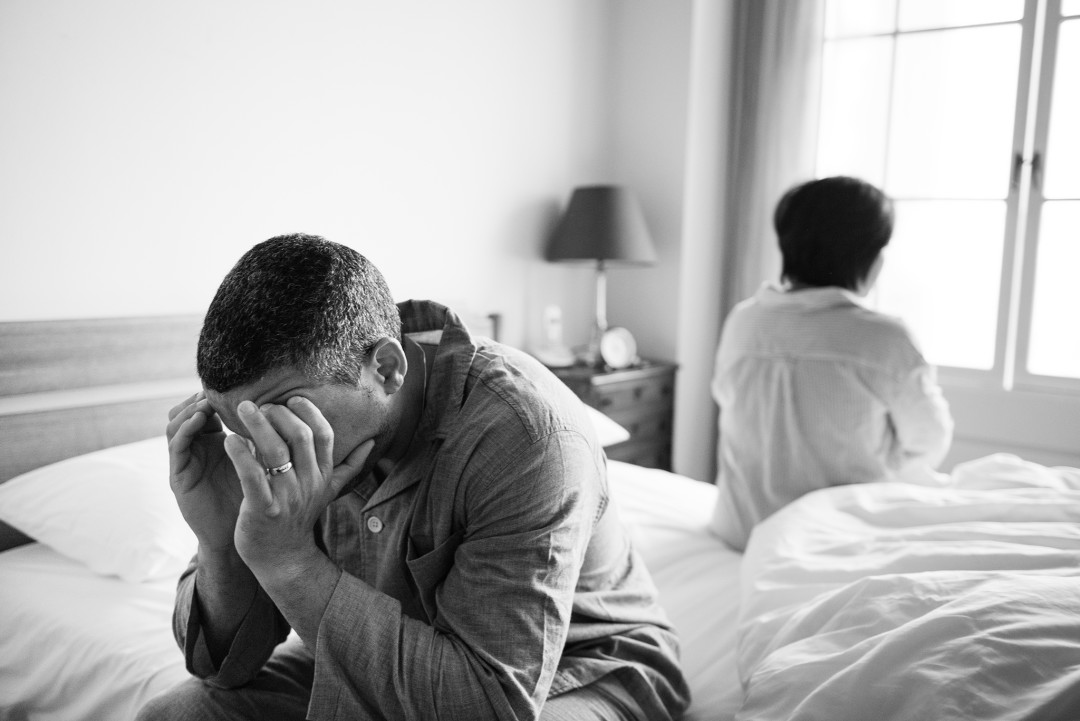
Notice any patterns
Cummings says that it’s helpful to map out commonalities within all of your relationships — not just the romantic ones.
Looking at the different dynamics between family members, friends, and coworkers may reveal the root cause(s) of conflict for both partners.
“When you are able to take this kind of data and show a pattern of destructive thoughts and behaviors to the client, they often are shocked and surprised to see that they continue to have the same thought pattern and draw the same negative conclusions and consequences,” Cummings explains.
Take advantage of resources
Experts agree that both individual and relationship counseling may be useful for addressing relationship fears. You may also wish to educate yourself with relationship-focused resources.
“Through personal growth and self-awareness, you are able to learn about the deeper parts of yourself and why you do the things you do,” Novak says. “This can be done from a variety of methods including self-growth books, podcasts, and therapy. ”
”
Remember that the work is ongoing
Tackling fear isn’t something that can be done in a day. Keep in mind that if you or your partner are in the process of healing, the journey is nonlinear and may take time.
“Honesty, respect, communication, kindness, empathy, and consistency are the six top factors required for creating safety within a relationship,” Manly says. “These factors must be put into daily action within the relationship.”
The work is worth it
Despite the tough moments, if you and your partner are committed to working through your fears together, the end result is a stronger, more communicative relationship. As a bonus, you’ll each gain deeper insight into yourselves, too.
Relationship experts agree that communication serves as one of the most important ways to tackle any fears about your relationship.
“Your partner will feel heard because they will feel like you know them, you know their triggers, and together you are going to build a healthier relationship for both of you,” says Cummings.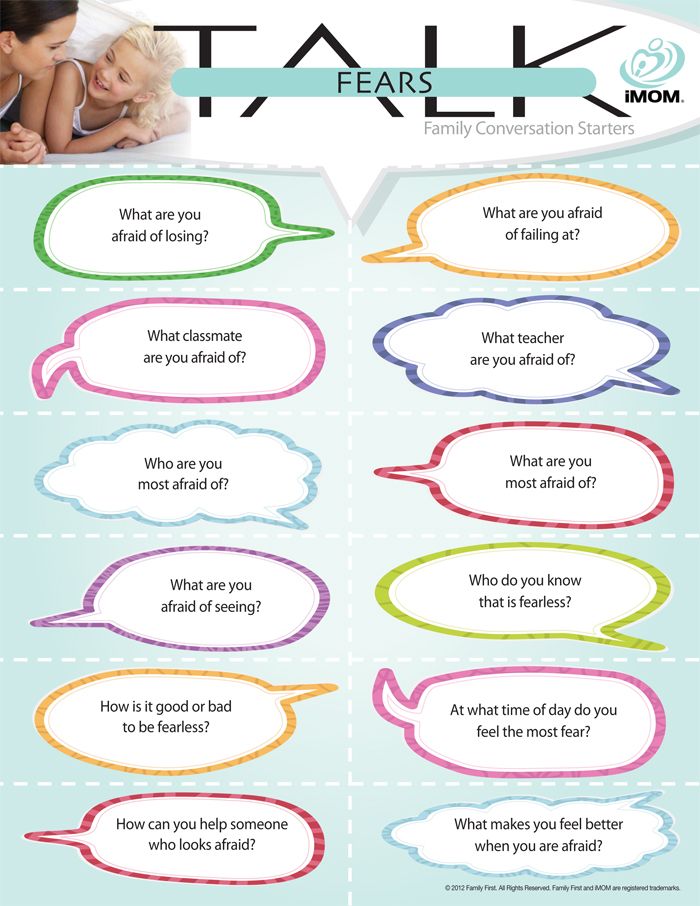
Although there’s no one-size-fits-all strategy for success, try to remember that working on yourselves and your relationship will build reassurance and strengthen your bond.
Remember, not all relationships are built to last. But healing from a breakup and learning from what happened may inspire personal growth and change to help you face your fears in future relationships.
7 Common Relationship Fears Most People Have Early On But Are Hard To Admit
Life
Koldunov/Shutterstock
by Steph Montgomery
As someone who has been married twice, I have a lot of experience navigating the first few years of relationships. As I result, I am also well-versed in the anxiety that can happen about your partner. Both the good and bad news for new couples is that relationship fears are extremely common, and for the most part, can totally be overcome. Of course, the first step in this process is admitting you have a problem, which can be pretty hard to do.
From paranoia about your partner cheating and fears of abandonment, to difficulty building trust and doubts about starting a family, many of us are coping with some serious anxiety about our relationships, especially when they are relatively new. Some of our fears are totally understandable. As someone who's been cheated on in the past, I personally think it's natural for me to worry about it happening again. Others are more difficult to wrap your head around — like a fear of commitment, which can stem from childhood experiences or attachment issues, and might make you unconsciously sabotage your relationships early. While completely common, your anxiety and doubts about your relationship might also be completely unfounded, and nothing to worry about.
For more on how to recognize these fears for what they are, so you can get past them, or move on with your life, read on:
Infidelity
As William J. Doherty, director of the Marriage and Family Therapy Program at the University of Minnesota, told the LA Times, if your partner is going to cheat, they generally will at some point between the "honeymoon" ending, and the seven year mark in a relationship, with infidelity often happening at times of stress, like the birth of a child.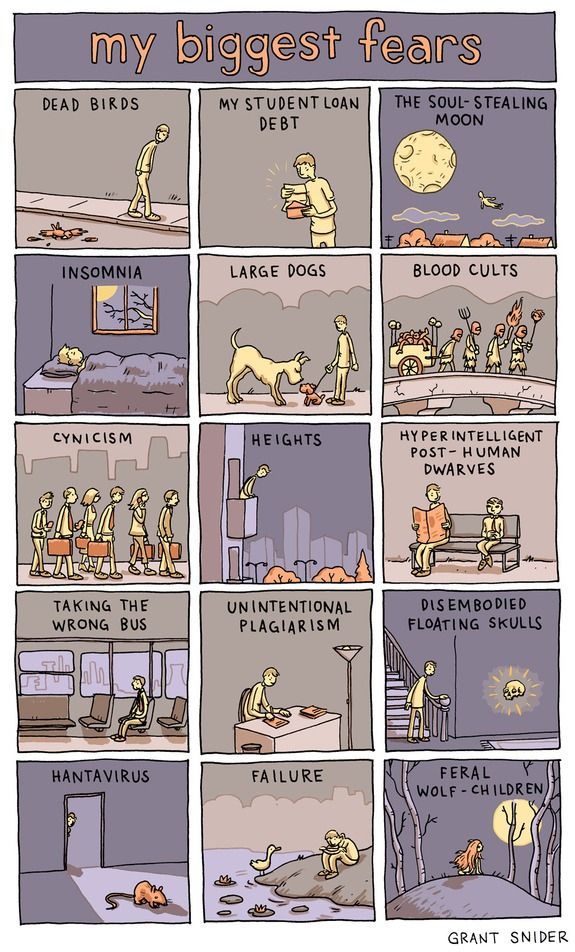
But, before you let your worries about infidelity take over, you should know that most people don't cheat. As reported by Refinery29, it's become a common perception that everyone cheats, when statistics don't back this up. While cheating does happen, and we don't exactly know how often (because cheaters might not be honest with researchers about their behavior), it's far from inevitable and not worth worrying incessantly about.
Certified Life Coach Martha Beck told HuffPost that the best ways to get past fears of your partner cheating are to own them, talk to your partner about them, and recognize that history doesn't always repeat itself.
Intimacy
Hal Shorey, Ph.D. a professor of clinical psychology at Widener University's Institute of Graduate Clinical Psychology wrote for Psychology Today that a fear of intimacy is common in relationships — impacting as many as 17 percent of people. It might sound Freudian, but he theorized that many of our fears of opening up and sharing our lives with someone else, stem from our relationships with our parents, and an inability to connect with them during childhood. He recommended that people try to acknowledge avoidance in themselves and their partners to overcome feelings of fear, and challenges connecting that might be completely subconscious.
He recommended that people try to acknowledge avoidance in themselves and their partners to overcome feelings of fear, and challenges connecting that might be completely subconscious.
Having Kids
Any parent can tell you that having kids can place a significant amount of stress on any relationship. It's totally natural to fear that having kids will change everything. And it totally does, taking money, time, energy, and emotional resources you might not even know you have. As Lori Gottlieb wrote for The Atlantic, you can also face insecurities about your abilities as a parent, and fears about totally screwing up. All of this is normal.
Abandonment
When you love someone, fear of losing them is natural. As Michelle Skeen, Psy.D. wrote for Mind Body Green, fear of abandonment might stem from insecurity about yourself, past experiences of loss, or lack of support or consistency from your partner. On the downside, these fears might cause you to test your relationship by starting fights or smother the heck out of your partner, both of which can totally wreak havoc on your relationship.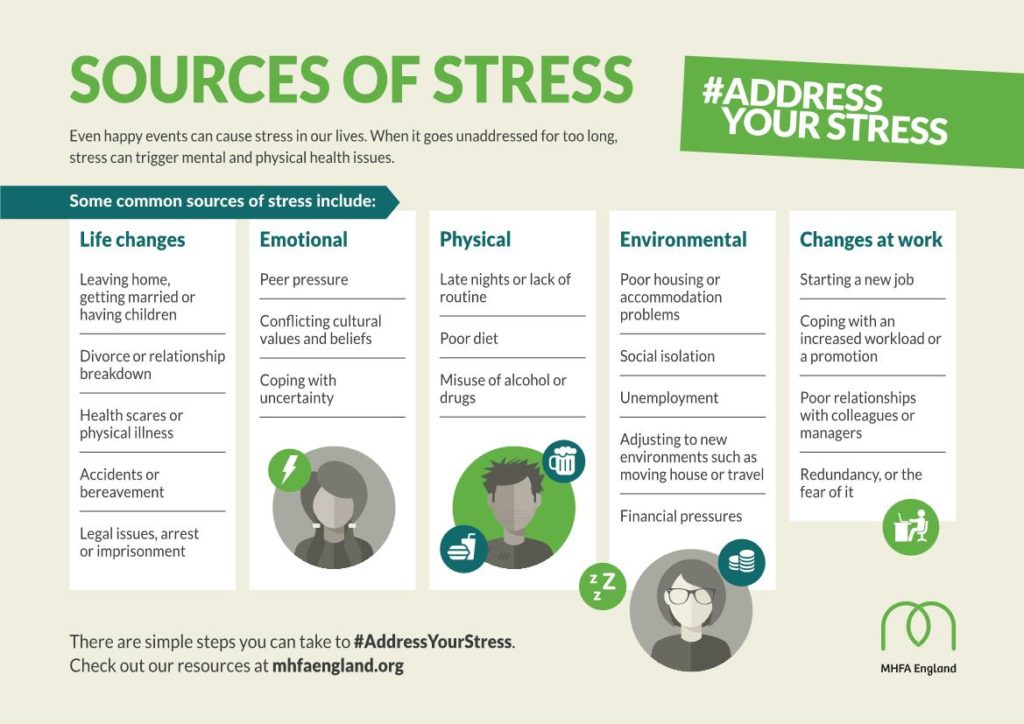
Losing The Spark
Your sex life is bound to change throughout the course of your relationship, especially during the first few years. If sex is important to you or your partner, you understandably may worry about if your relationship will weather the storm. As therapist Dr. Paul Hokemeyer told Headspace.com, these ups and downs are inevitable, so it's important to set realistic expectations about what a "normal" sex life can be, so you can avoid setting yourself up for failure or feelings of inadequacy.
Discovering A Dealbreaker
There's nothing worse than falling in love with someone and discovering something about them you just can't get over. Hokemeyer noted that these differences of opinion might be dealbreakers, or might actually be opportunities to learn how to compromise with your partner and strengthen your relationship for the future.
Commitment
As psychologist John Grohol, Psy.D. explained on the website Psych Central, a fear of commitment can be completely normal, especially in the beginning of a relationship, when you are still feeling each other out and learning to trust your partner. He added that these fears can actually lead to ending relationships before "things get serious," to avoid committing to the wrong person, or getting hurt. Therapy can help with commitment phobia, per Grohol, as can acknowledging that you have an issue, and making a commitment to change.
He added that these fears can actually lead to ending relationships before "things get serious," to avoid committing to the wrong person, or getting hurt. Therapy can help with commitment phobia, per Grohol, as can acknowledging that you have an issue, and making a commitment to change.
This first-time mom wants to have a home birth, but is she ready? Watch how a doula supports a military mom who's determined to have a home birth in Episode One of Romper's Doula Diaries, Season Two, below. Visit Bustle Digital Group's YouTube page for the next three episodes, launching every Monday starting November 26.
Psychologist told how to cope with the fear of a new relationship - Moscow 24, 04/19/2022
Almost everyone knows a painful breakup. After the end of a relationship, scars and memories of negative experiences remain on the heart, which you don’t want to repeat.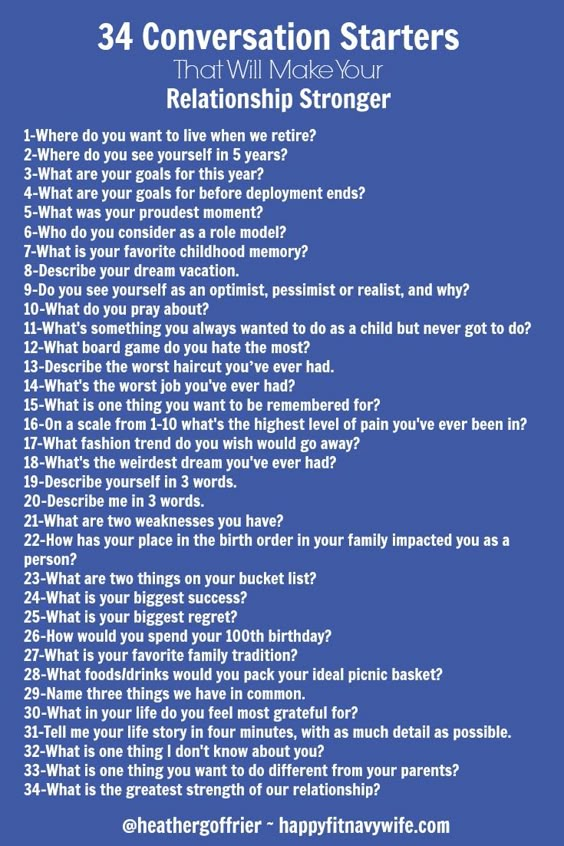 A lot of fears prevent you from falling in love again: the fear of not finding the right person, being disappointed and wasting your time, or getting into a relationship where there is no respect and your love is used for their own purposes. About how to dispel fears and let another person into your life, tells the family psychologist, supervisor Anna Devyatka.
A lot of fears prevent you from falling in love again: the fear of not finding the right person, being disappointed and wasting your time, or getting into a relationship where there is no respect and your love is used for their own purposes. About how to dispel fears and let another person into your life, tells the family psychologist, supervisor Anna Devyatka.
Photo: depositphotos/ssuaphoto
Fears are always specific. You can dispel them only by focusing on what exactly causes fear in the relationship. In other words, being aware of your own fear helps you come up with a plan to overcome it, taking into account the specifics of the situation. And the first reaction to it is not always the most correct: nature is designed in such a way that a person, when frightened, tries either to disappear from the relationship, or freezes in confusion, or psychologically attacks the partner.
Such a sharp reaction makes building a relationship almost impossible, but the desire to be loved and interested in a person helps to keep from sudden movements and give oneself a chance to overcome anxieties. Living stories will help us understand what are the most popular fears that hinder people.
Living stories will help us understand what are the most popular fears that hinder people.
1. Fear of not finding the right one
Maria is an active and attractive girl who has been looking for a soul mate not so long ago: only six months ago she ended a serious relationship. The former partner was infantile and unprepared to start a family. Maria analyzed the mistakes in choosing a soulmate and made a list of requirements, which included the ability to take responsibility and readiness for children. After that, the self-confident girl went to a dating site, where another disappointment awaited her: with an abundance of candidates, no one fit her requirements.
Maria found herself in a reality in which she was seized by the fear "I won't find anyone, I don't like anyone." Fear is quite realistic and understandable to anyone who dreams of meeting a loved one. In this story, anxiety is dissipated with the help of questions: is there an ideal partner? Do I want to live with an ideal image or is it more interesting to get to know a real person? Can I like someone who goes beyond the picture in my head? There will be more suitable options, and fewer fears, respectively.
In addition, perhaps Maria is not yet ready to create a relationship and instead of moving forward and getting to know a new partner, she fixates on the shortcomings of the old one and looks for his opposite.
This is not a call to settle for less, but an opportunity to look at the situation from a different angle. Mary needs to focus primarily on mutual sympathy and similarity of interests, and not on the functionality that a man will bring.
2. Fear of self-disclosure
Photo: depositphotos/oyagerix
Psychologists recommend being yourself in a relationship, but how scary it is to let your partner get closer, to open your soul (suddenly you don't like it). Therefore, people show the side that will certainly make the right impression.
The development of relationships involves the acceptance of other people's habits, oddities and "cockroaches", so it will not be possible to show only the bright side, because while you are hiding, the partner also does not show weakness. Building mutual trust takes time and effort, and the fear of self-disclosure passes with the experience of interaction, as you and your partner open up towards each other.
Building mutual trust takes time and effort, and the fear of self-disclosure passes with the experience of interaction, as you and your partner open up towards each other.
3. Fear of repeating painful situations
The most common fear is the fear of repeating previous scenarios. And it doesn’t matter what it’s about: whether it’s an abusive relationship or a person has been cheated on. Not everyone understands that in scenario interaction the roles are scheduled in advance, and these scenarios will be repeated until the person reaches the psychologist's office and works out his behavior.
In any scenario, there is a secondary benefit that a person can only get through a painful relationship, and until there is an understanding of how to get what you need in a relationship in another way, there will be a feeling of "all over again."
Let's take Rustam's story. It is important for him to feel needed and significant in a relationship, so he deliberately chooses girls who cannot take care of themselves, and becomes a "psychological mother" for them.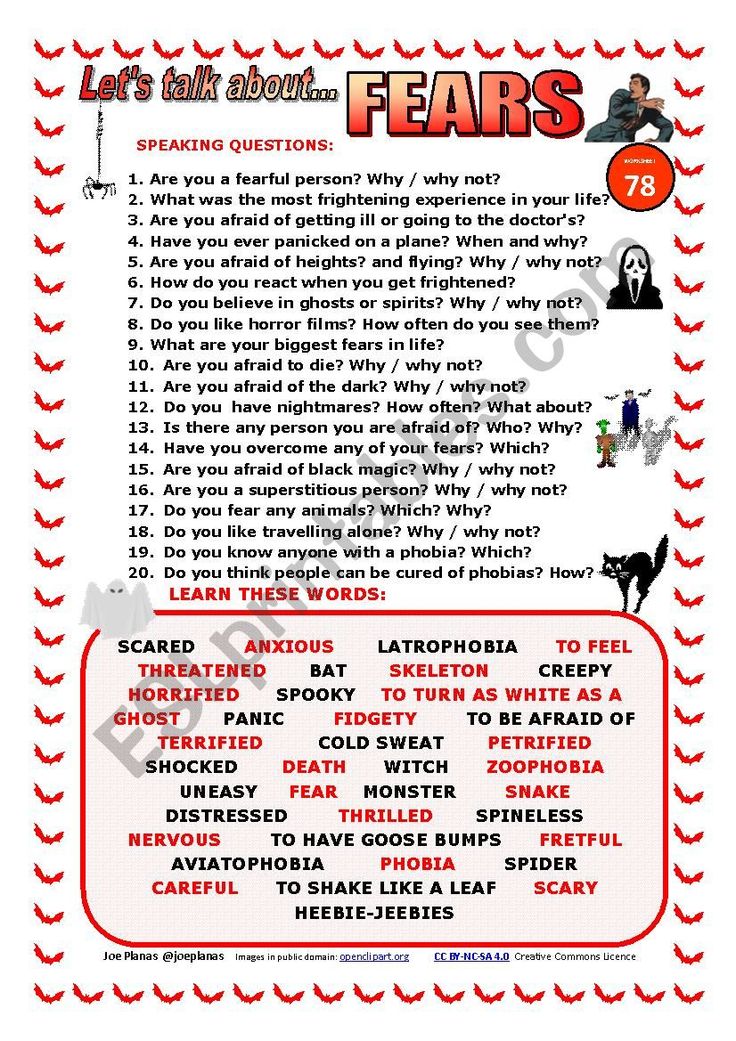 At the beginning of the relationship, the girls are captivated by his care, but after a couple of months they begin to glance towards other men. There is a betrayal that Rustam, of course, does not like. The girls are used to the fact that he constantly takes care of them and forgives everything, so they openly tell him about their adventures and are extremely surprised that this is the end of the relationship. At the same time, Rustam develops a false belief that all girls cheat. Once is an accident, the second time is strange, and the third time is a statistic. Rustam is afraid to lose respect for himself, because he understands that the relationship develops according to an unpleasant scenario.
At the beginning of the relationship, the girls are captivated by his care, but after a couple of months they begin to glance towards other men. There is a betrayal that Rustam, of course, does not like. The girls are used to the fact that he constantly takes care of them and forgives everything, so they openly tell him about their adventures and are extremely surprised that this is the end of the relationship. At the same time, Rustam develops a false belief that all girls cheat. Once is an accident, the second time is strange, and the third time is a statistic. Rustam is afraid to lose respect for himself, because he understands that the relationship develops according to an unpleasant scenario.
However, the reason for cheating lies in the fact that he initially creates a relationship where he takes a maternal role instead of a male one. And it is necessary to work first of all with this.
4. Fear of betrayal
Photo: depositphotos/Wavebreakmedia
Trust is a fragile thing.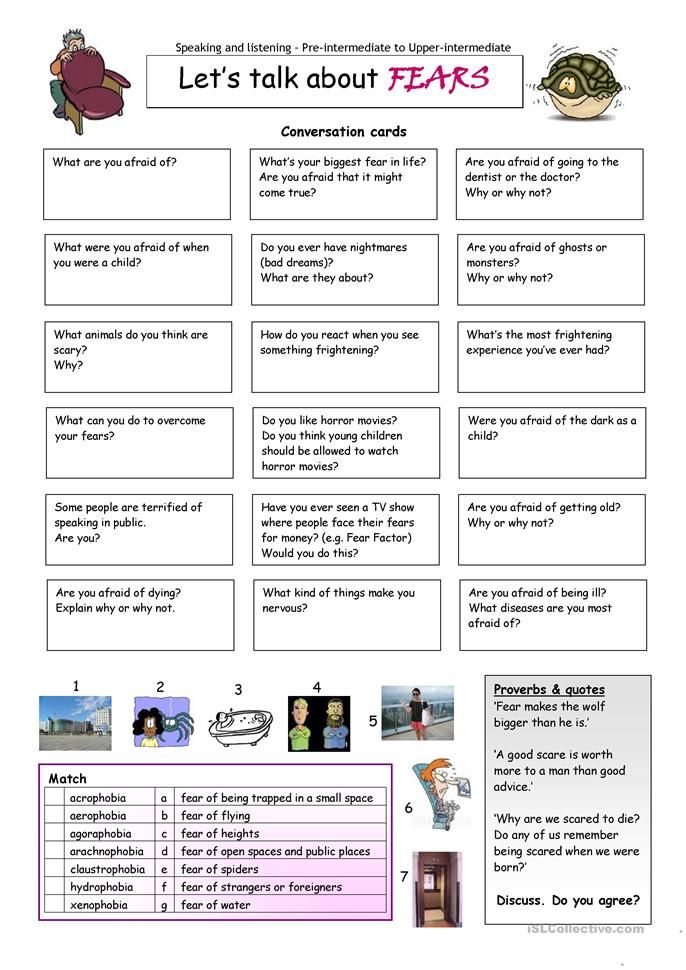 Difficult to build and easy to collapse. The presence of negative experience, when instead of a strong rear, a person was stabbed in the back, makes one think: it is safer alone. It is important to carefully look at the person next to you and ask yourself: "Am I ready to take a risk and give a limit of trust, try to be close to this person in peace and comfort?" If the answer is yes and the desire for warmth and intimacy outweighs the fears, give the relationship a chance and re-evaluate the fears: which ones are real and which ones are carried over from past experience. Make sure that the shadow of past betrayal does not overshadow a new relationship, and try to start them with a careful construction of security and trust in intuition.
Difficult to build and easy to collapse. The presence of negative experience, when instead of a strong rear, a person was stabbed in the back, makes one think: it is safer alone. It is important to carefully look at the person next to you and ask yourself: "Am I ready to take a risk and give a limit of trust, try to be close to this person in peace and comfort?" If the answer is yes and the desire for warmth and intimacy outweighs the fears, give the relationship a chance and re-evaluate the fears: which ones are real and which ones are carried over from past experience. Make sure that the shadow of past betrayal does not overshadow a new relationship, and try to start them with a careful construction of security and trust in intuition.
5. Fear of being addicted to love (fear of being used)
Love inspires development: people blossom emotionally in relationships and start reading more, playing sports and learning new topics in order to be on the same wavelength with a partner.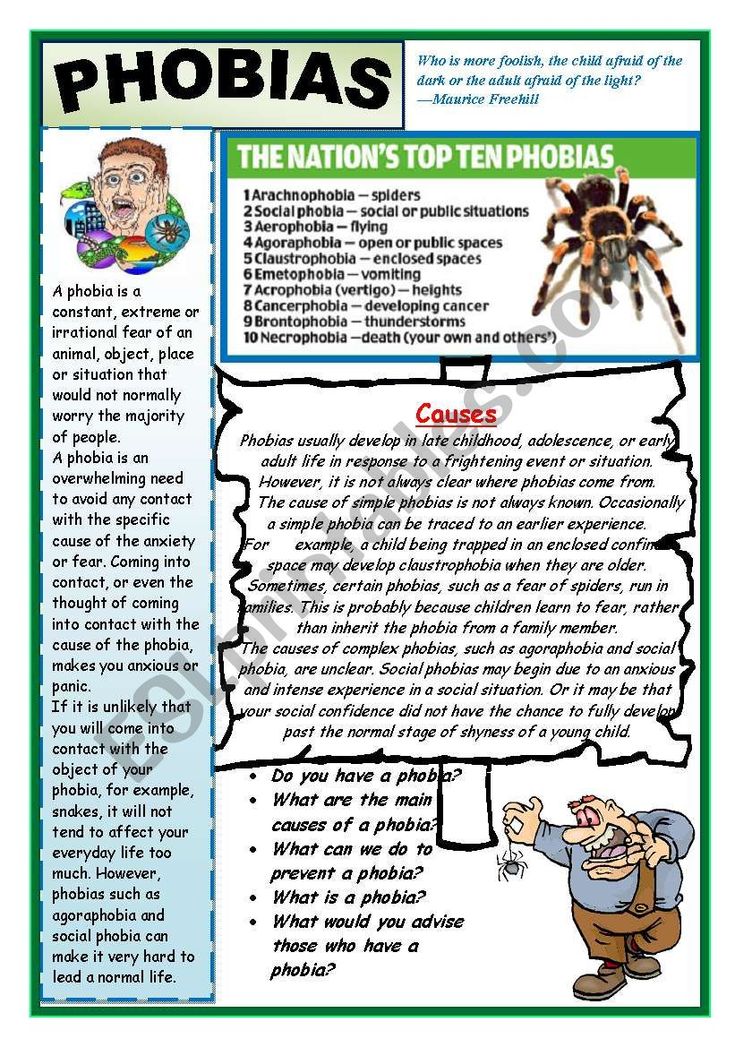 But what if your partner starts asking for a favor, and then another, and suddenly you realize that you are being taken advantage of. You are already picking up someone else's child from school, but you are paying for furniture in the apartment of your loved one, because he needs a sofa to relax after work. Once burned on something like this, people are afraid that because of a feeling of love they will allow themselves to be used.
But what if your partner starts asking for a favor, and then another, and suddenly you realize that you are being taken advantage of. You are already picking up someone else's child from school, but you are paying for furniture in the apartment of your loved one, because he needs a sofa to relax after work. Once burned on something like this, people are afraid that because of a feeling of love they will allow themselves to be used.
The fear is justified and is solved by defining clear boundaries, what you are ready to help with and what resources to share. It is one thing when you are ready to invest your time and energy, and quite another when you are ready to invest money. For example, to the request “pay me a taxi to get to the place of our first date”, you will definitely answer “no”, but if this relationship has become serious, then you are ready to pay for a taxi, and even pick up the girl yourself.
The most important task in dealing with fears is to stop perceiving relationships as a source of danger and remember that this is a source of happiness and inspiration.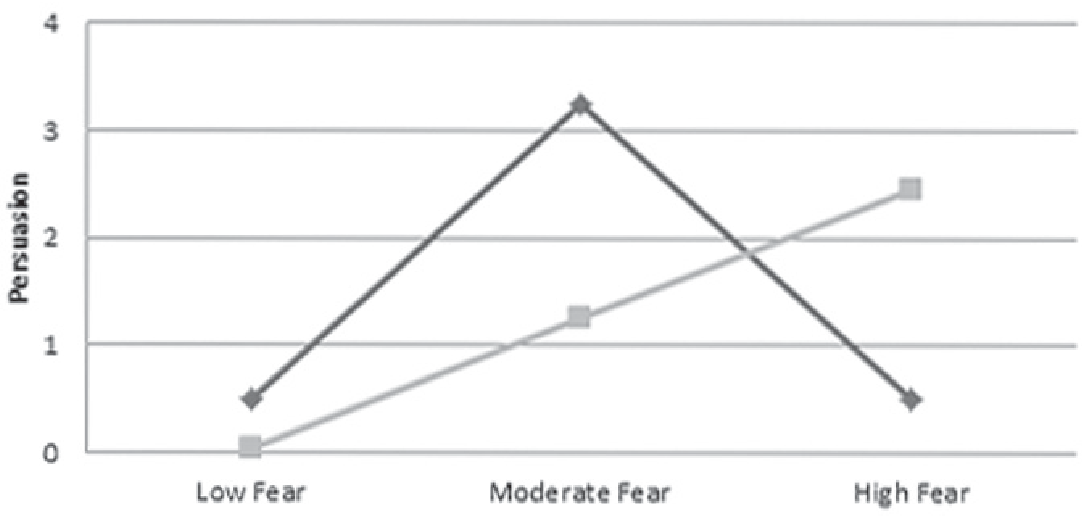 If you allow yourself to boldly look fear in the eye and focus on overcoming it, then you will succeed. You should not meet this fear in a relationship alone - a partner will help dispel feelings, even with his presence and a reminder of why you are doing all this.
If you allow yourself to boldly look fear in the eye and focus on overcoming it, then you will succeed. You should not meet this fear in a relationship alone - a partner will help dispel feelings, even with his presence and a reminder of why you are doing all this.
Nine Anna
society
Psychologist named 5 main fears of men in relationships
Even the most cloudless romance can be overshadowed by hidden negative attitudes, the expert believes.
Uncertainty in the behavior of a beloved man may indicate his doubts about the prospects of relationships in general. So, it is not uncommon for the representatives of the stronger sex to develop in alliance with a woman with hidden fears that are not at all connected with the personality or behavior of the chosen one. Olga Adrianov, an integrative psychologist, Ericksonian hypnotherapist and NLP trainer, told Channel Five about this.
According to the expert, even when at first glance everything is going well and both partners are obviously full of feelings and positive emotions for each other, the idyll can be disturbed by internal negative attitudes. If they take place, the man immediately becomes cold and reserved, which greatly puzzles his companion. The mere thought that he will become a slave to a woman's desires can literally terrify a man, notes Adrianov. In addition, there is a stereotype that serious relationships cannot lead to anything good, since they allegedly deprive the representatives of the stronger sex of individuality, the right to choose, and even their own opinion.
If they take place, the man immediately becomes cold and reserved, which greatly puzzles his companion. The mere thought that he will become a slave to a woman's desires can literally terrify a man, notes Adrianov. In addition, there is a stereotype that serious relationships cannot lead to anything good, since they allegedly deprive the representatives of the stronger sex of individuality, the right to choose, and even their own opinion.
Psychologist told how often you can call your loved one
person in connection with the presence of the second half and the need to satisfy her whims", - explained the psychologist.
According to the hypnotherapist, distrust of a woman as a representative of the species is a problem for many men. Moreover, most often such an attitude towards the fair sex occurs after a series of unsuccessful novels. Especially the representatives of the stronger sex are traumatized by the experienced experience of betrayal by a lover, but sometimes even one painful breakup is enough to make a subjective conclusion - all women are unreliable.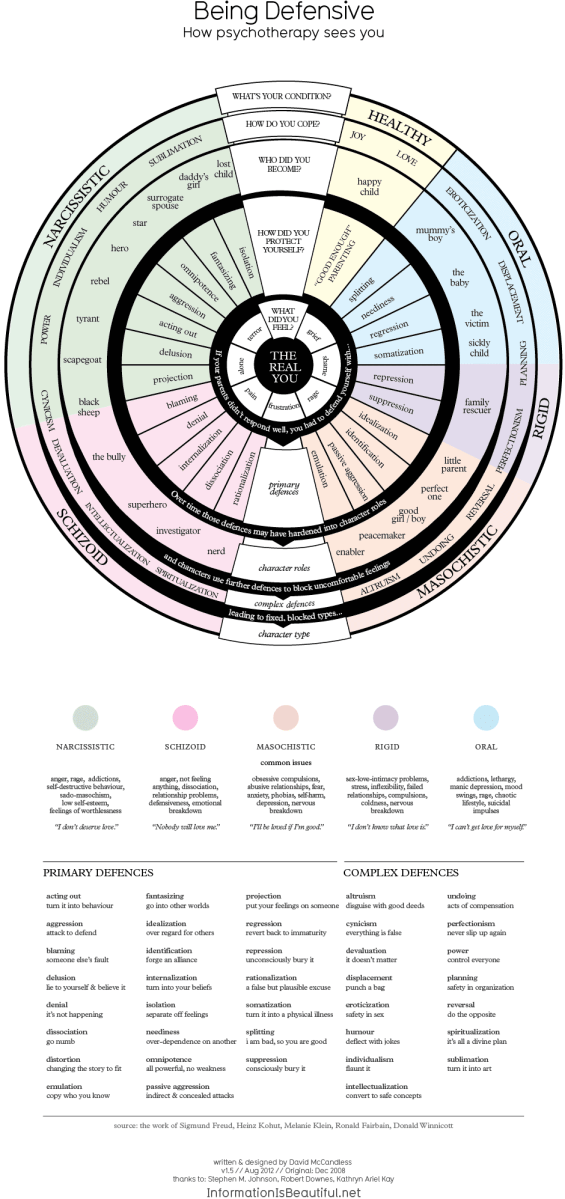 Another male fear is associated with the stereotype common in society that a gentle romantic without a penny in his pocket does not arouse much interest in women. In this regard, many have complexes.
Another male fear is associated with the stereotype common in society that a gentle romantic without a penny in his pocket does not arouse much interest in women. In this regard, many have complexes.
"Lack of money is a weak point for men. Many men like to envelop with care and give gifts just to see a happy smile on her face. And stingy men for the most part consider this a necessary but useless waste, and therefore remain lonely many years", - said Adrianov.
Psychologist told about a way to quickly reconcile after a quarrel
"The presence of complexes along with falling in love is such a nuclear mixture that makes a man seem better than he really is, at the beginning of a relationship. And when the relationship becomes enough serious, he is afraid to open up in reality, because he is afraid of losing her", - added NLP trainer.
The psychologist stressed that love is a feeling that should only be enjoyed.